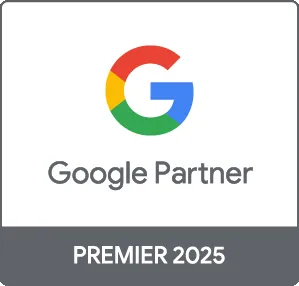Google Ads is a powerful marketing tool that can help small businesses reach a wider audience without breaking the bank. However, many business owners hesitate to dive into Google Ads due to perceived costs. In this post, we will explore budget-friendly strategies to maximize your Google Ads campaigns while staying within your financial limits.
Understanding Google Ads Costs
Google Ads operates on a pay-per-click (PPC) model, where you pay each time a user clicks on your ad. The cost varies based on several factors including competition, keywords, and your targeting settings. The key to success is effective budget management and optimization.
1. Set a Realistic Budget
Before launching your campaigns, determine a realistic budget that aligns with your business goals. Consider the following tips:
- Daily Budget: Set a maximum amount you are willing to spend each day.
- Evaluate ROI: Monitor your campaigns to ensure you are getting a good return on your investment.
- Be Flexible: Adjust your budget based on the performance of your ads.
2. Use Targeted Keywords
Keyword selection is crucial for successful Google Ads campaigns. Focus on long-tail keywords, which are typically less competitive and more affordable. Consider using tools like Google Keyword Planner to find cost-effective keywords related to your business.
3. Optimize Your Ad Campaigns
Optimizing your ad campaigns can lead to reduced costs and improved performance. Here are some strategies:
- Ad Extensions: Use ad extensions such as site link, callout, and structured snippet to provide more information without increasing costs.
- A/B Testing: Run A/B tests on your ad copy and landing pages to identify what resonates best with your audience.
- Negative Keywords: Implement negative keywords to prevent your ads from showing for irrelevant searches, saving your budget for qualified clicks.
4. Target a Local Audience
If you're running a small, local business, utilize geo-targeting to focus your ads on specific areas. This not only improves relevance but also helps you manage your budget more effectively by reducing broad audience spend.
5. Track and Measure Results
Use Google Ads analytics to track the performance of your campaigns. Monitoring metrics such as CTR (click-through rate), conversion rate, and cost per acquisition can provide valuable insights into your campaign's effectiveness. Adjust your strategies based on these insights for ongoing improvement.
Conclusion
Budget-friendly Google Ads can be a game changer for small businesses looking to increase their online visibility. By setting a realistic budget, selecting effective keywords, optimizing your campaigns, and targeting local audiences, you can stretch your marketing dollars further. At Prebo Digital, we specialize in creating cost-effective Google Ads strategies tailored for small business needs. Ready to get started? Contact us today!





